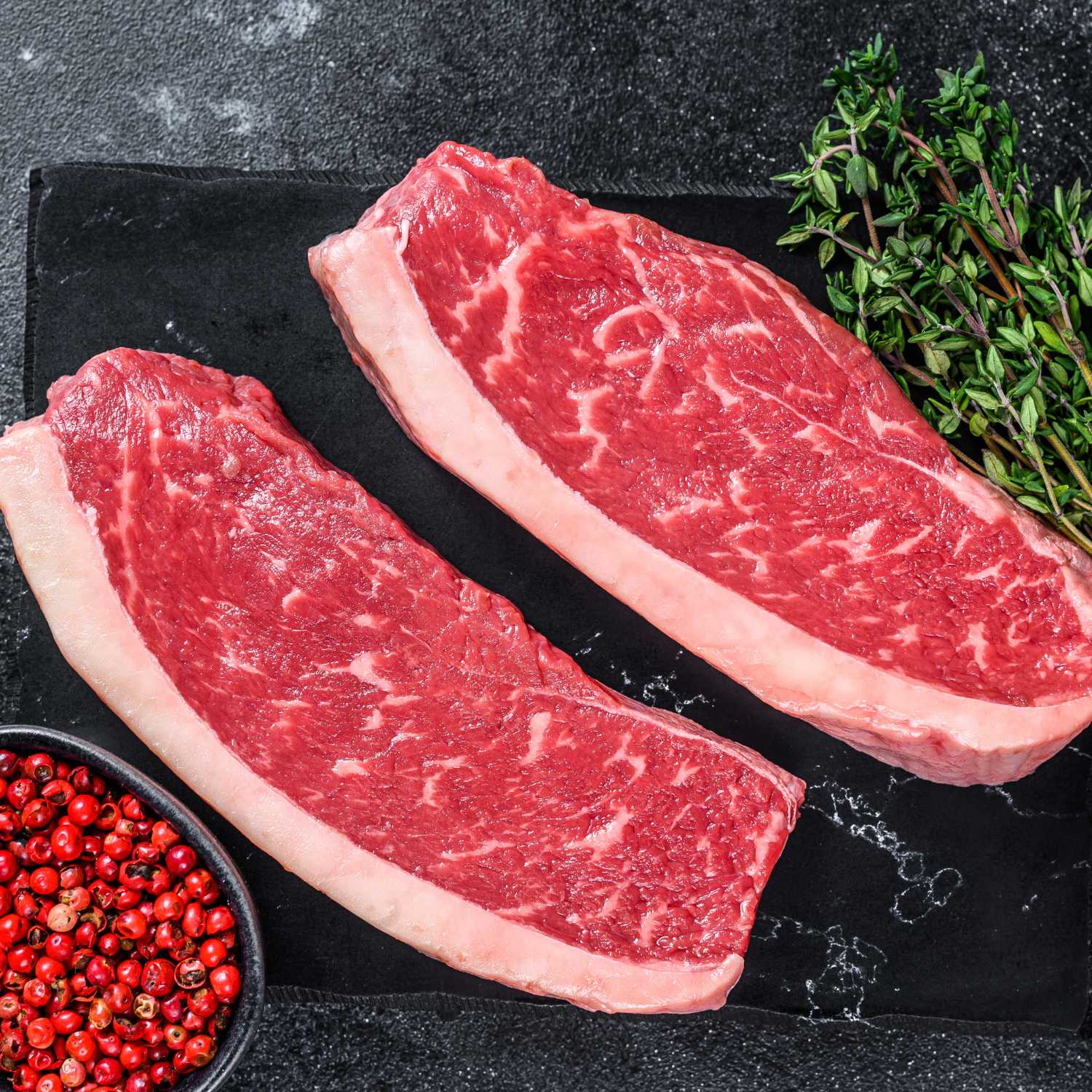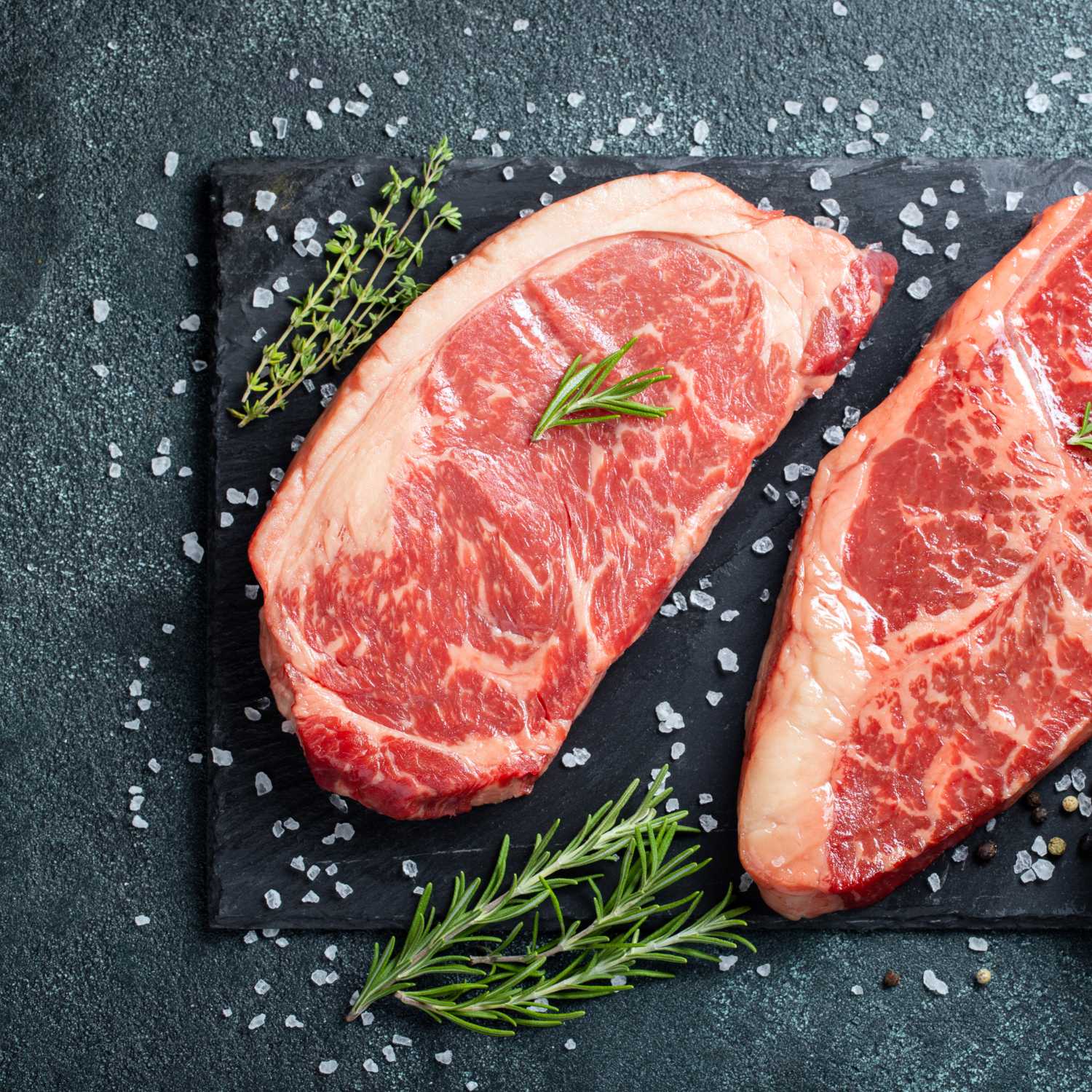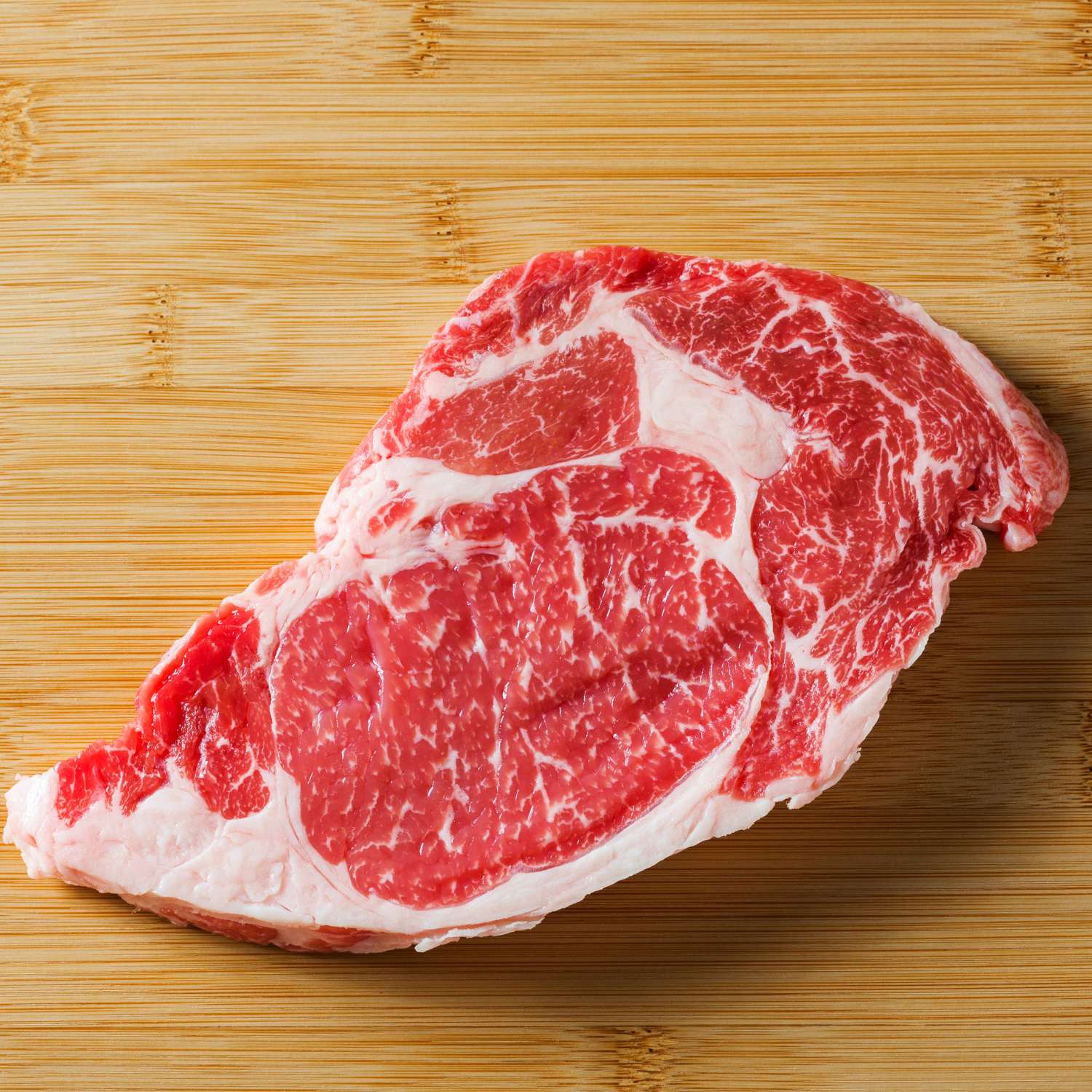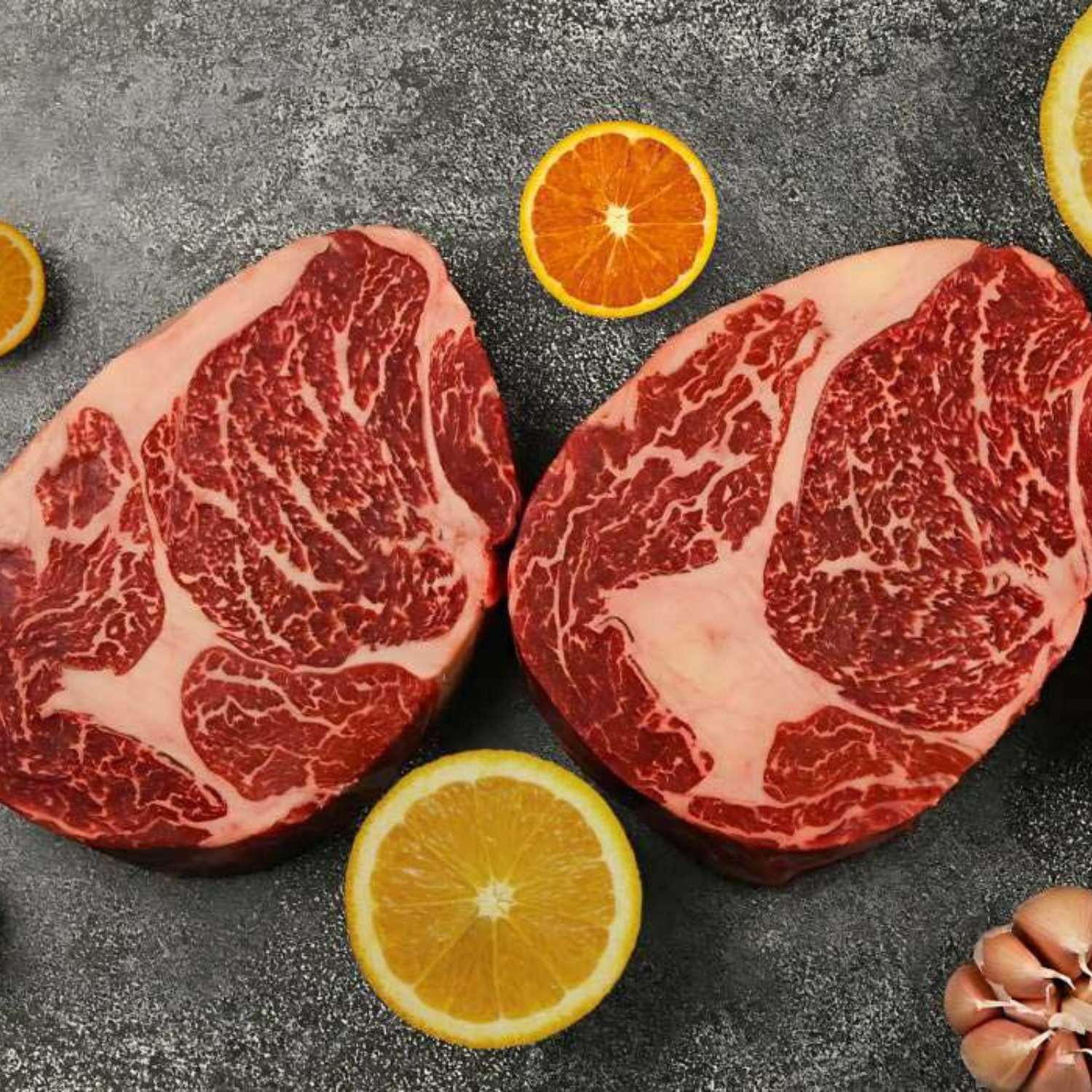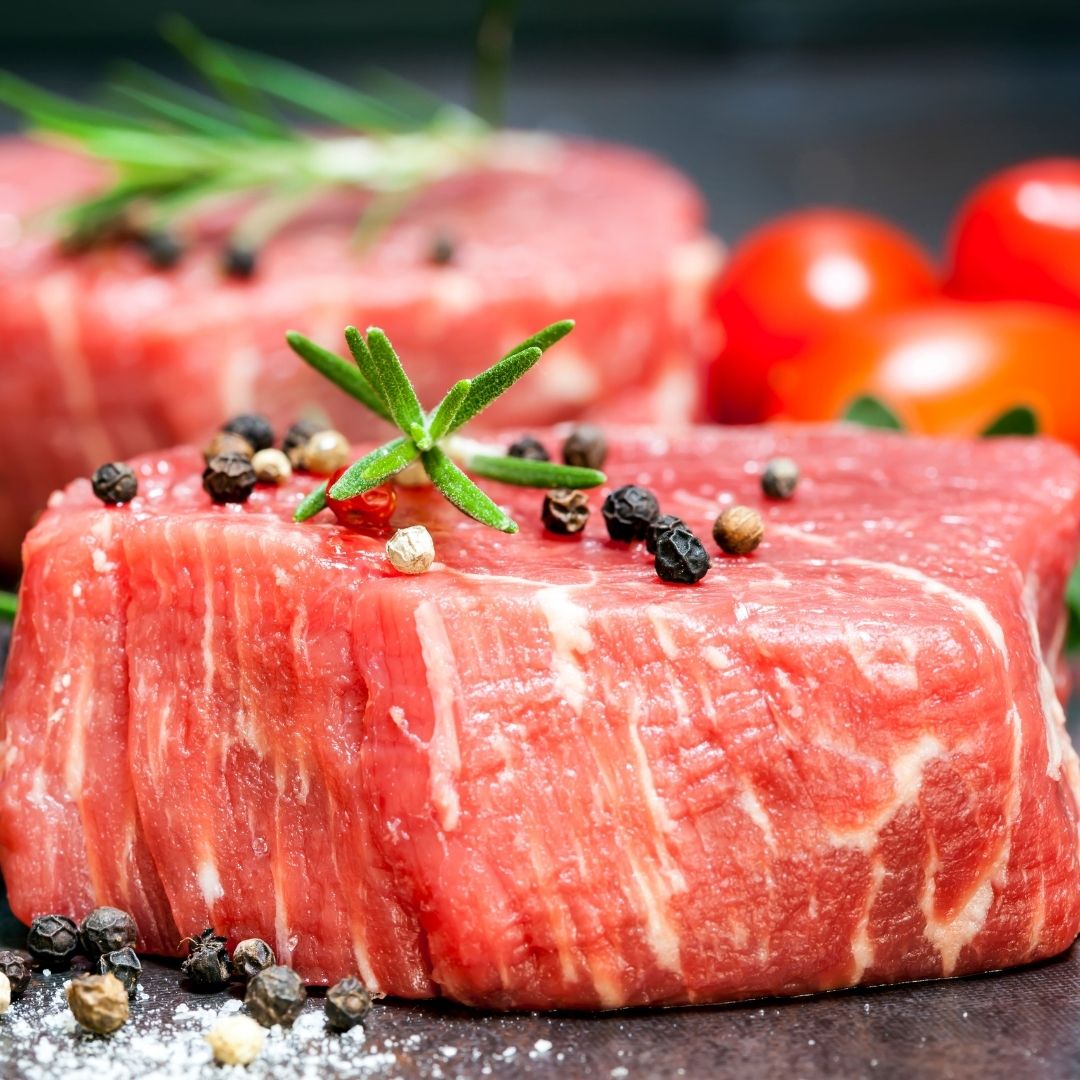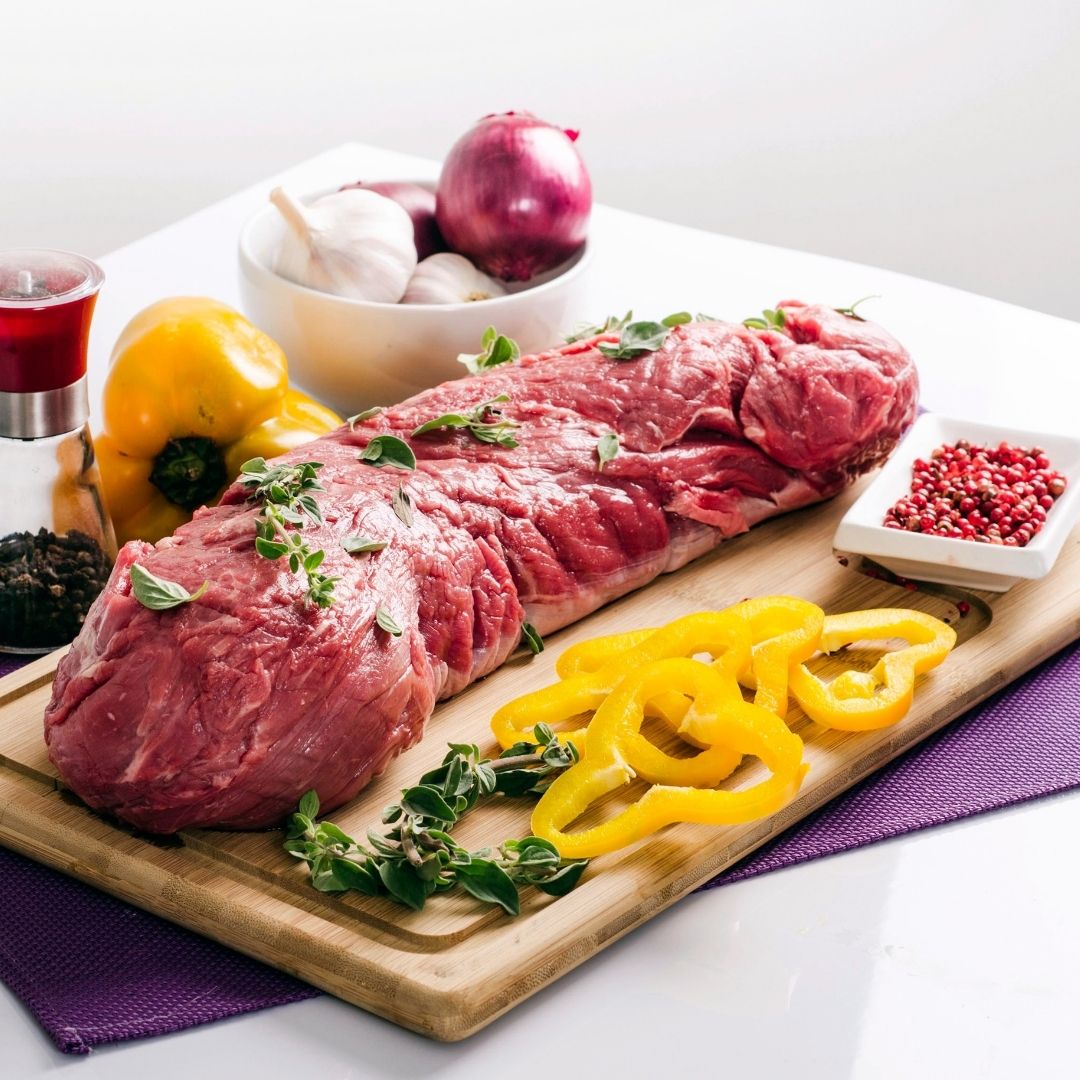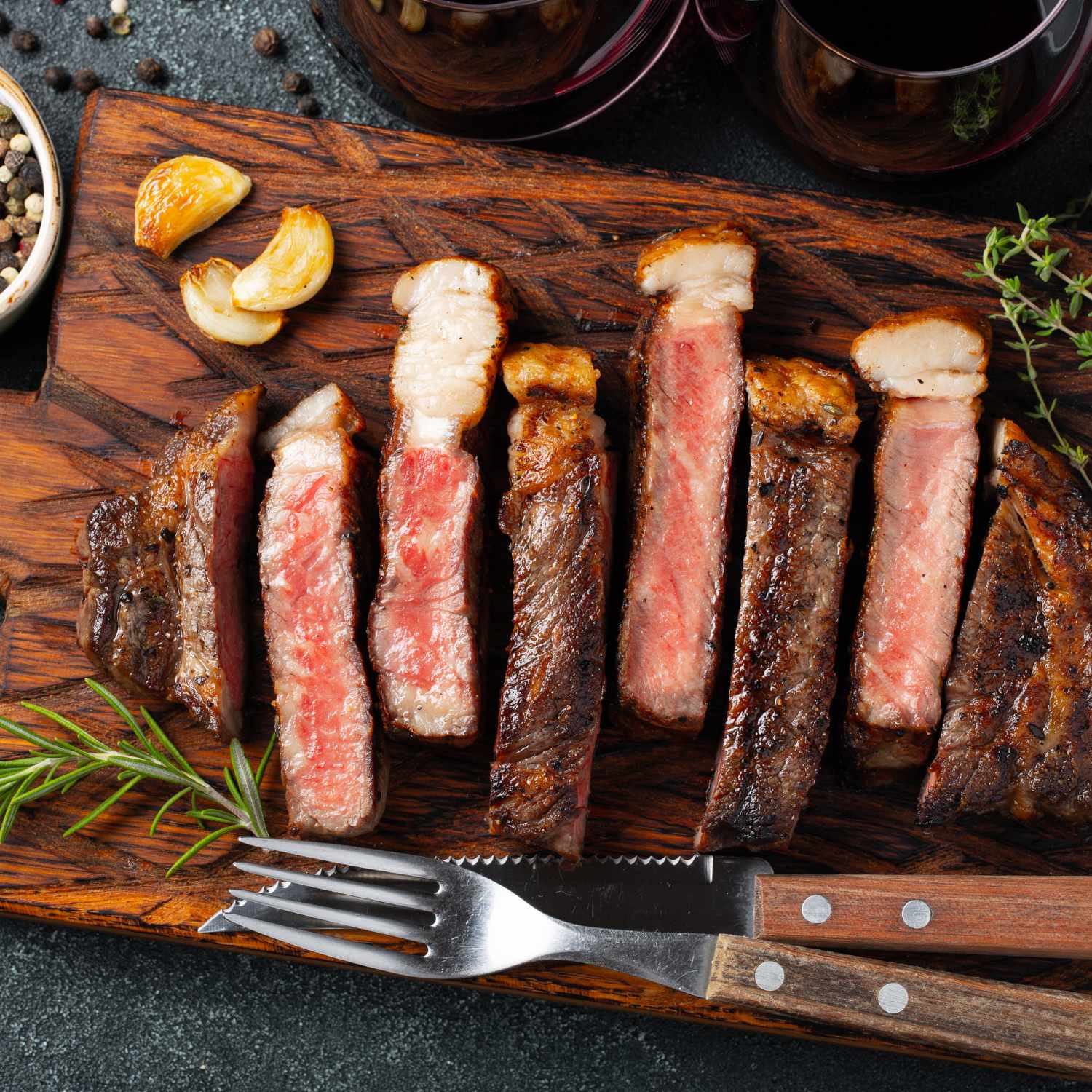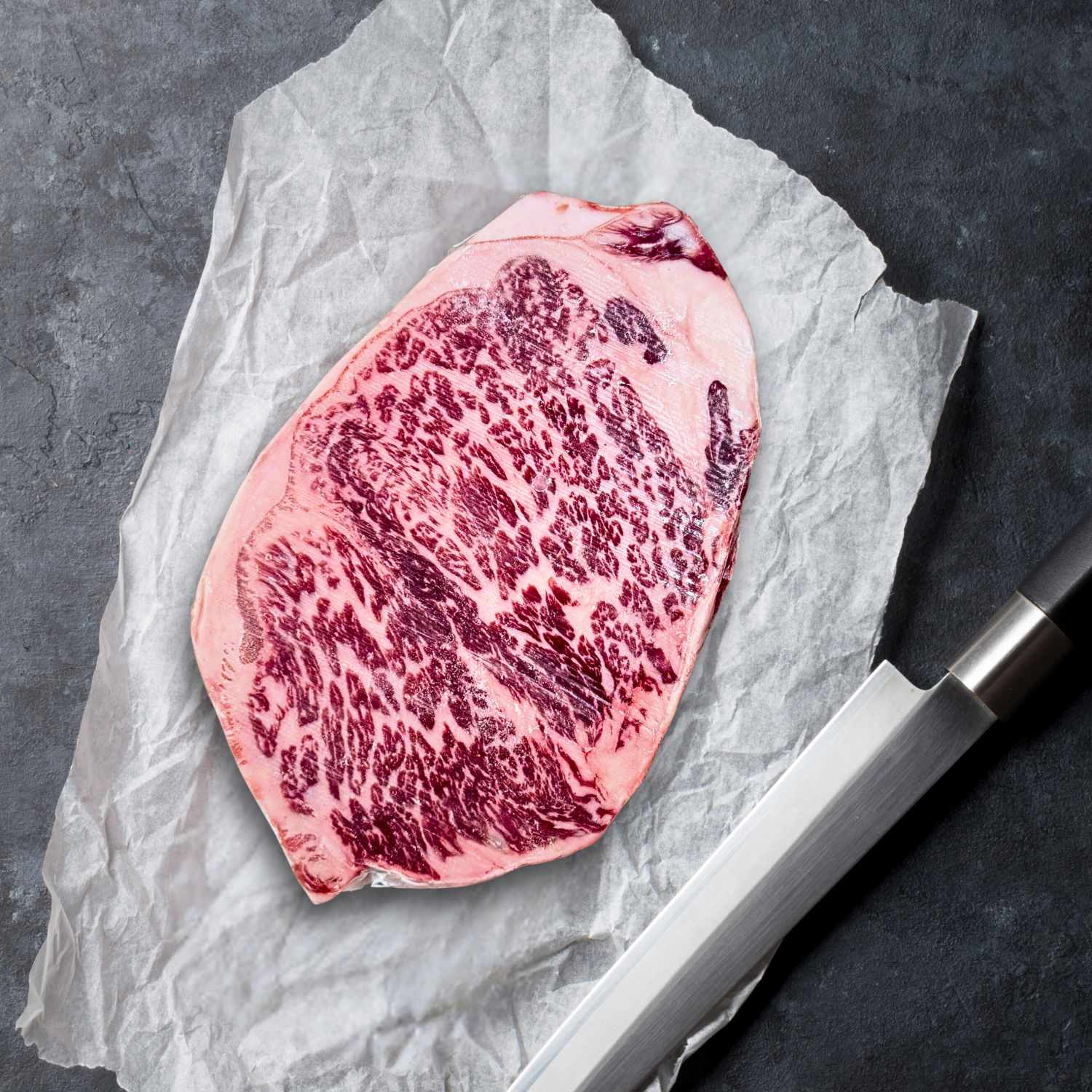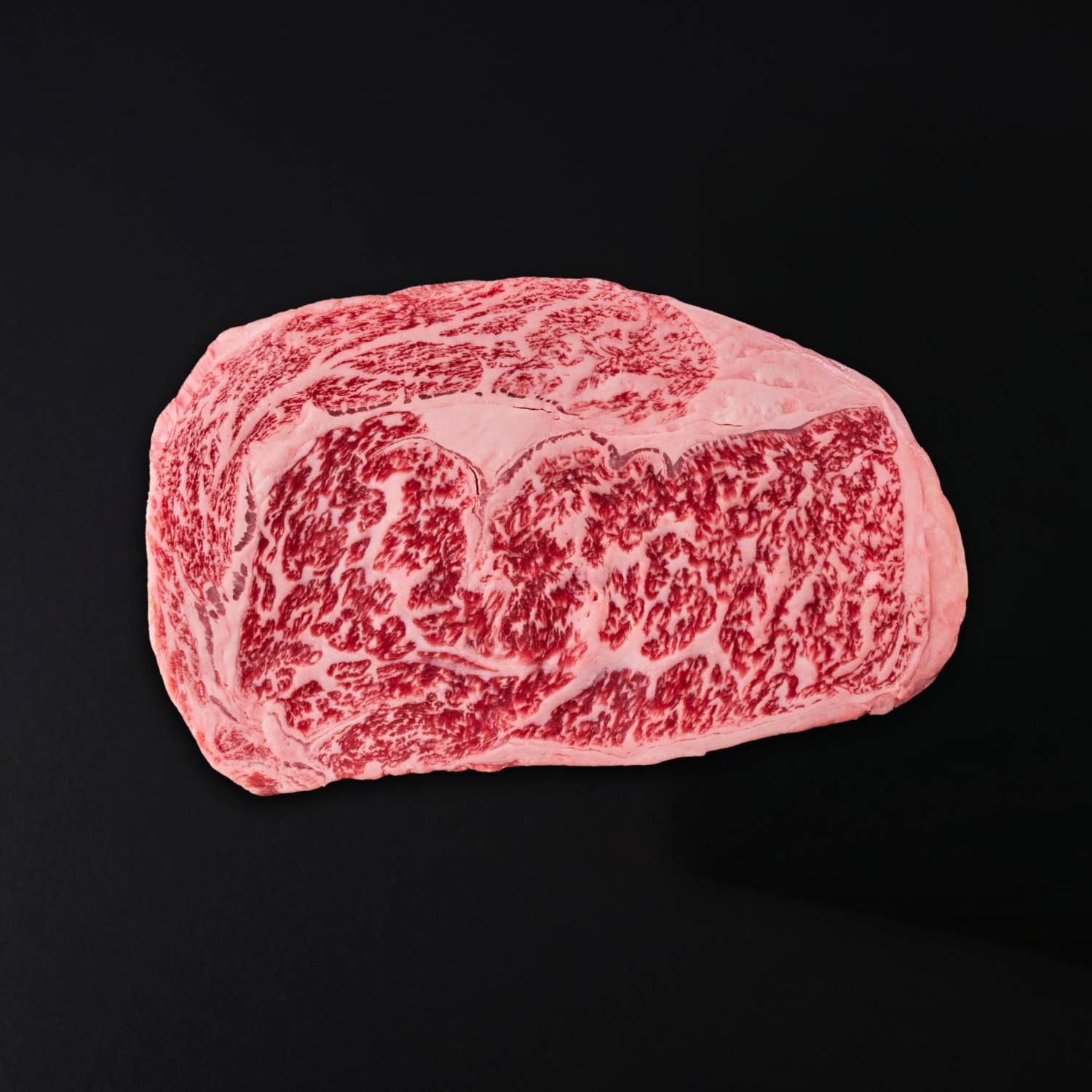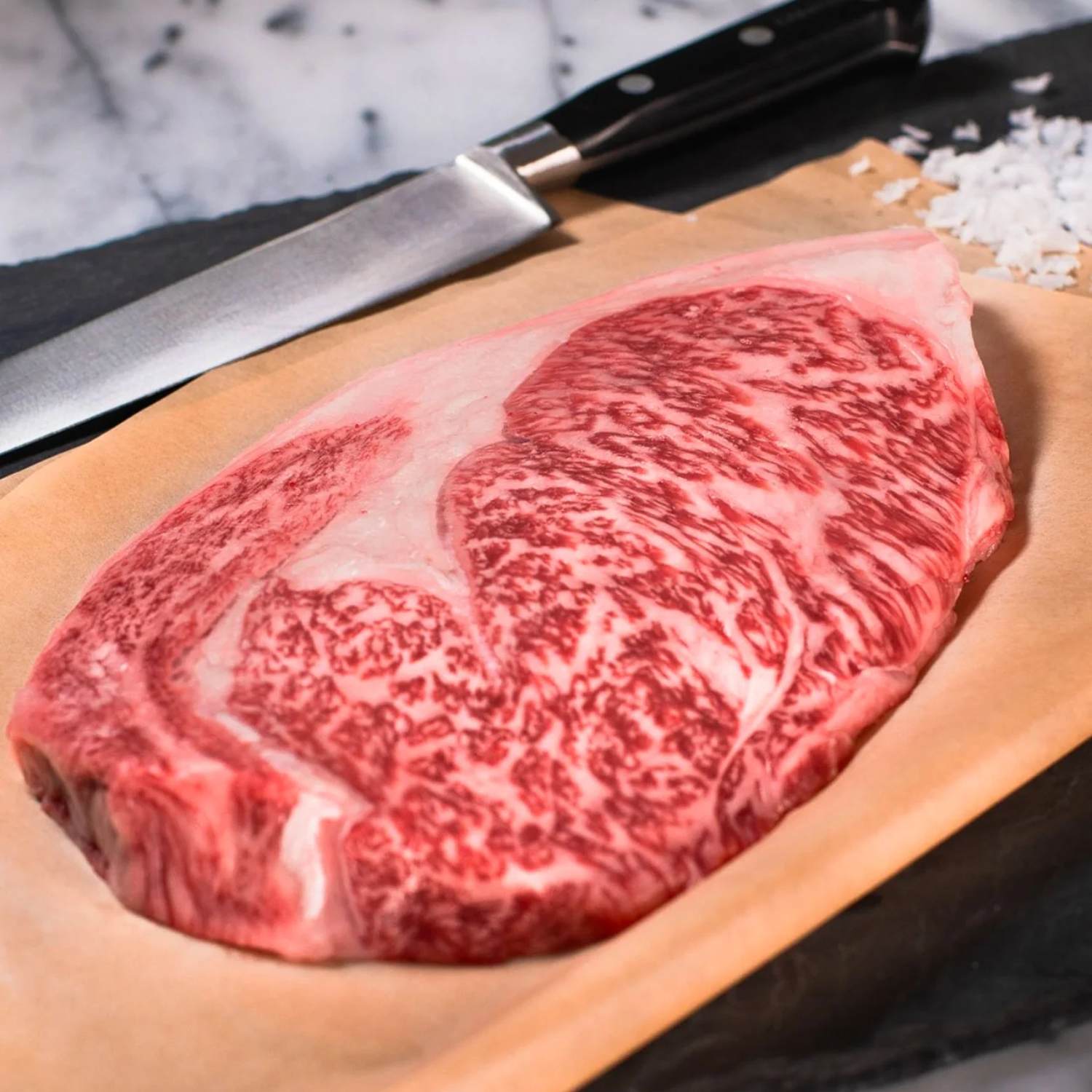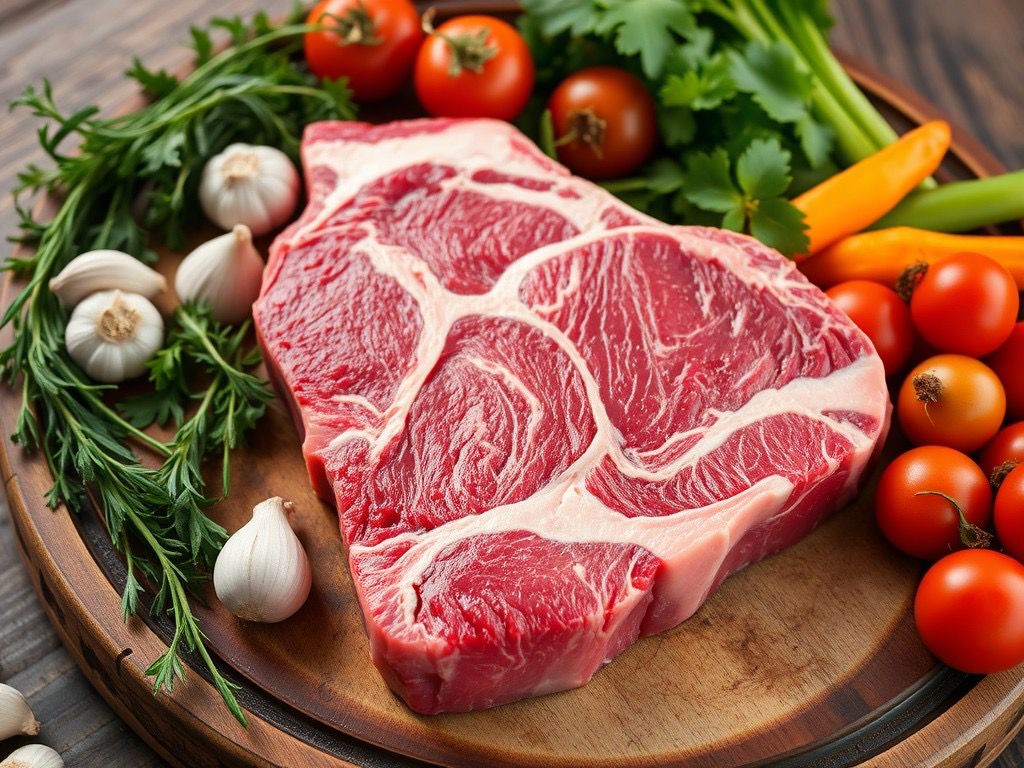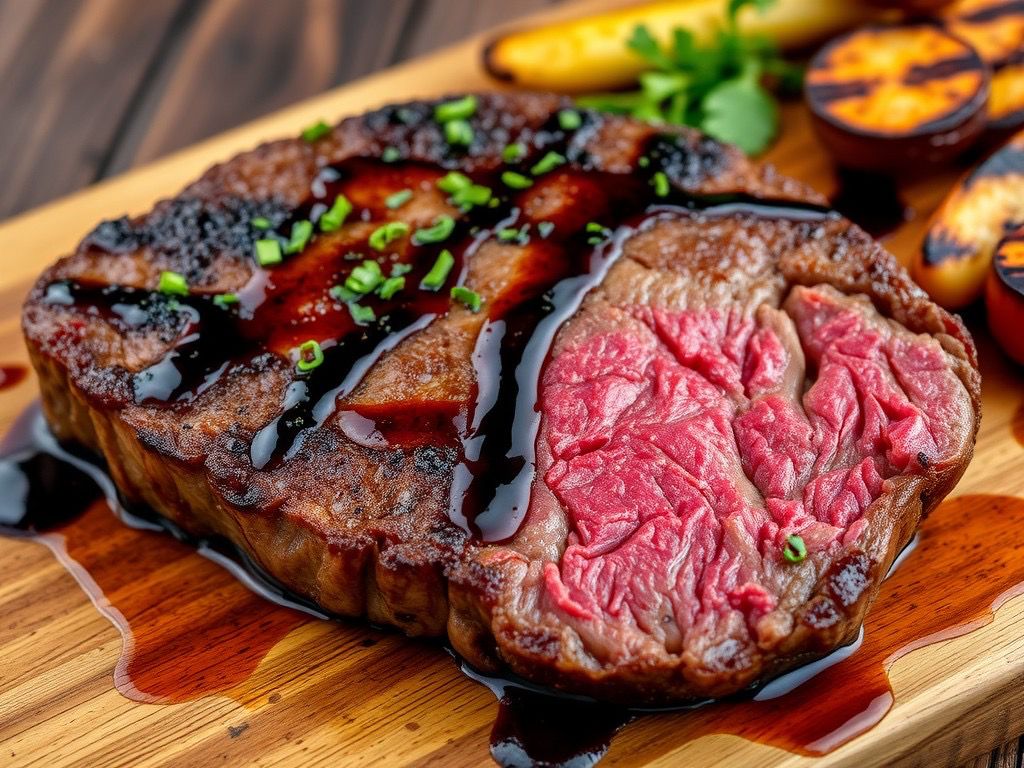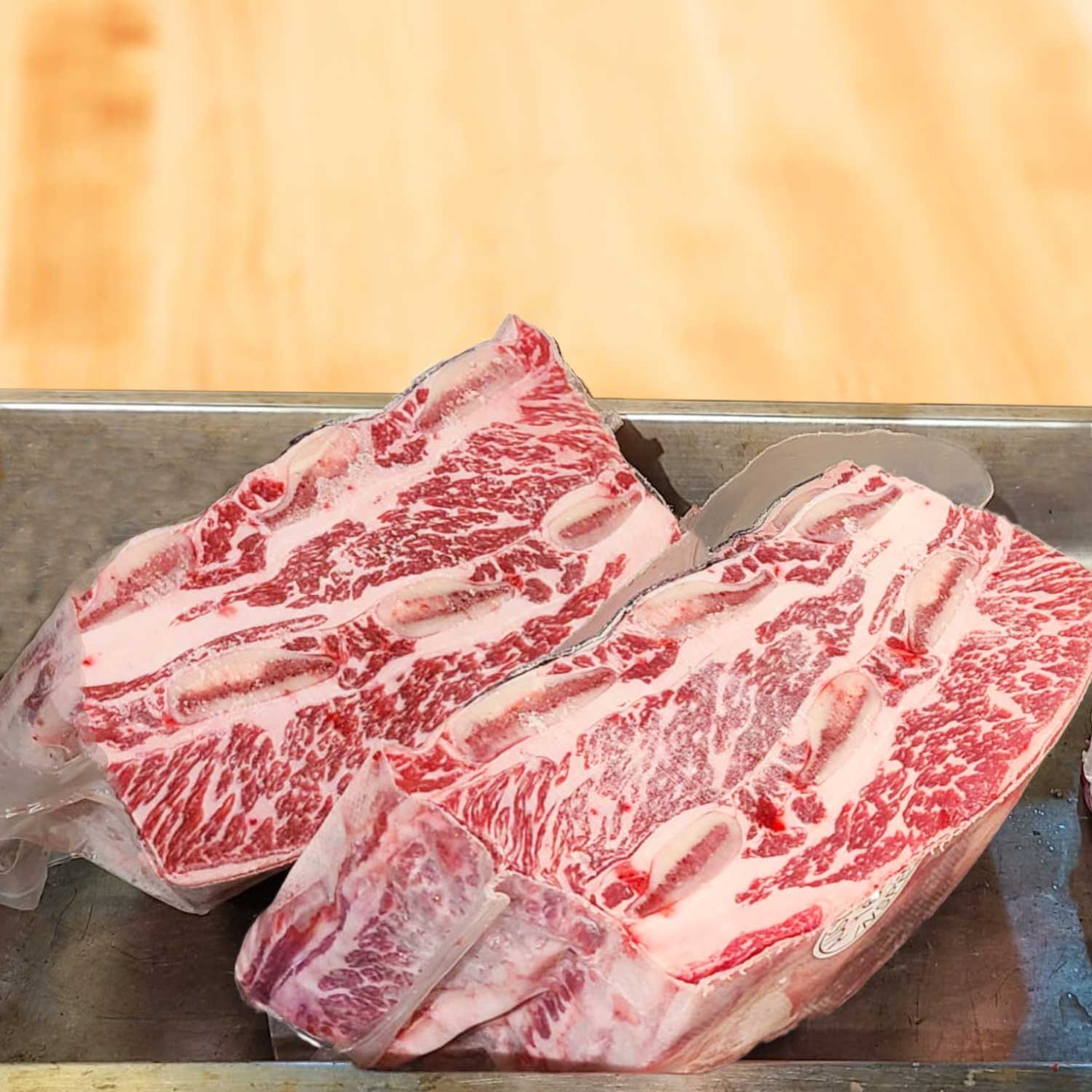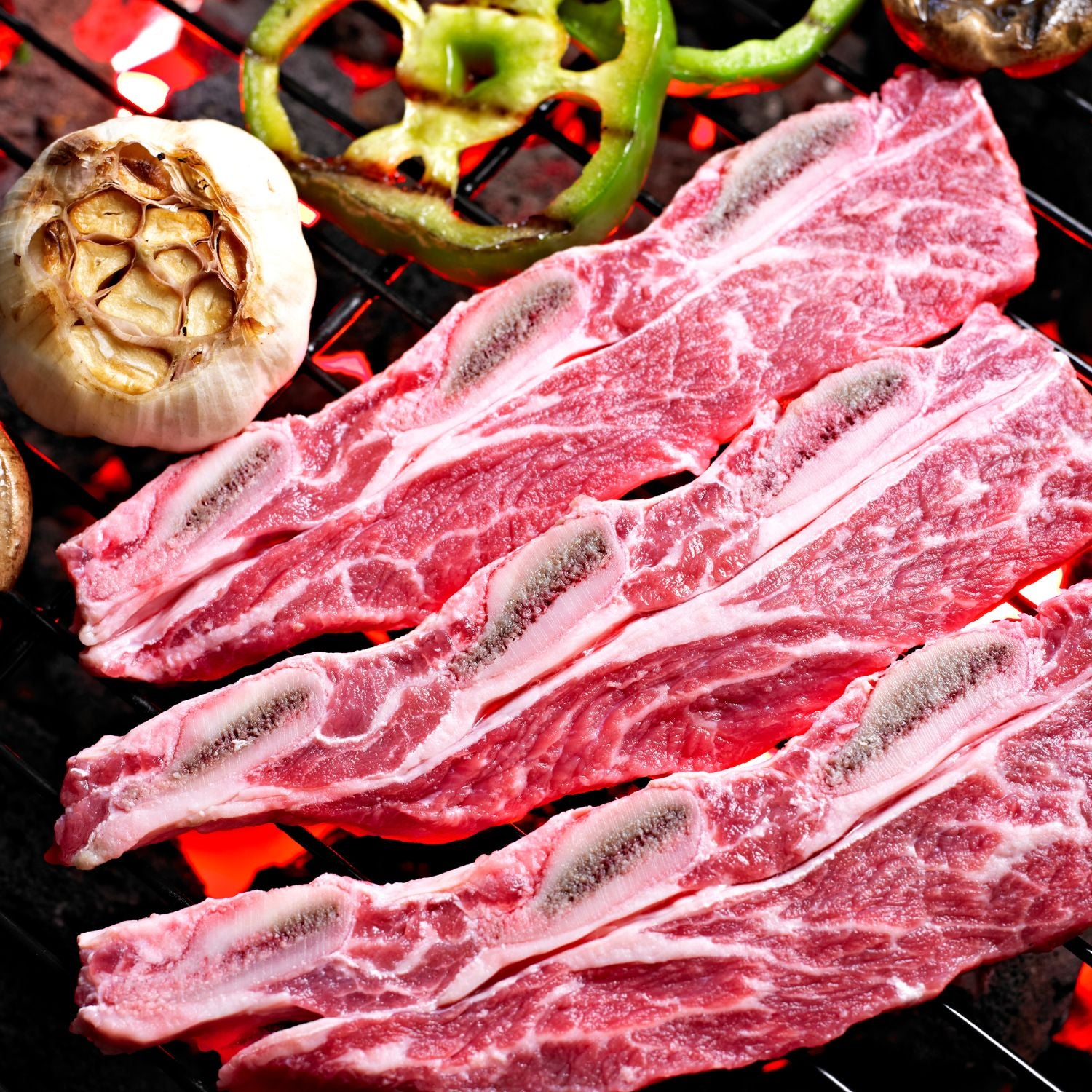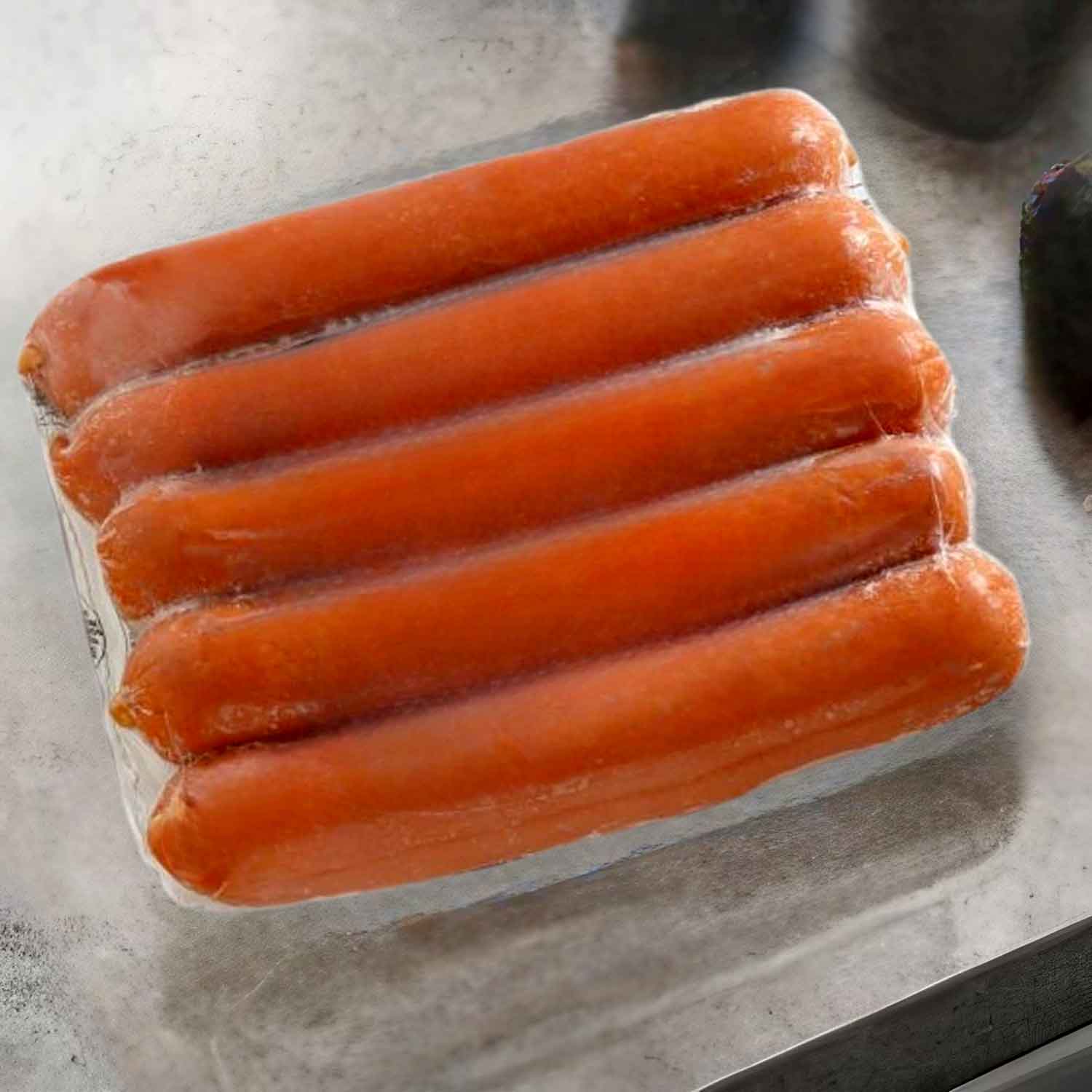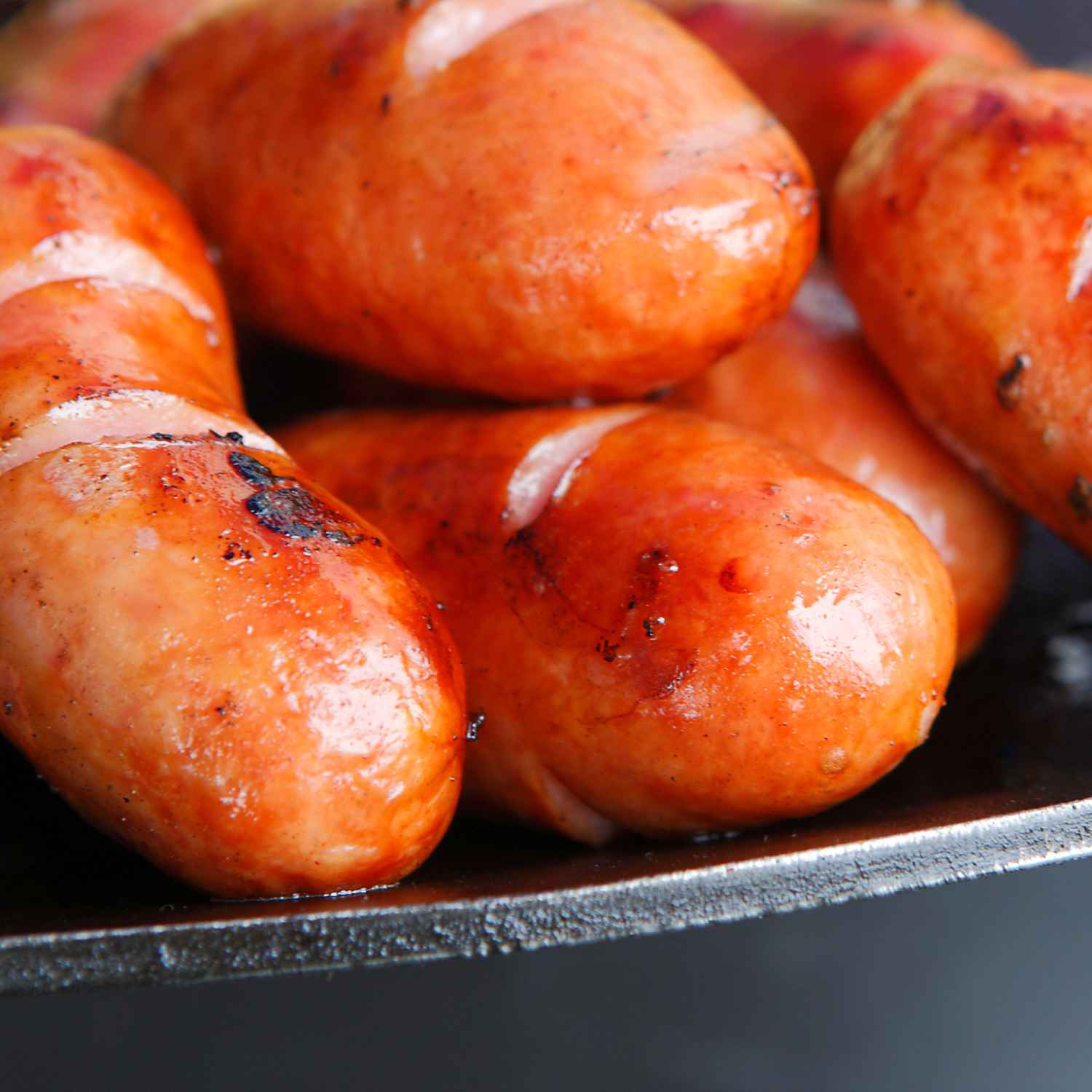The Rise of Gourmet Meats: Hong Kong's Journey to Beef Aficionados
Understanding the Hong Kong Beef Scene: A Brief History
Hong Kong's love for beef can be traced back decades. Initially, beef was rare in daily meals, reserved for special events. Over time, Western cuisine influenced local dining habits. Fine dining spots began offering imported steaks. This marked the start of a gourmet meat trend. Soon, residents craved quality beef. Demand surged, leading to diverse beef products in the market today. Now, Hong Kong prides itself on a rich beef culture with top-notch cuts like Wagyu and grass-fed beef.

From Local Butcher Shops to High-End Retailers: The Evolution of Beef Sales
Hong Kong's beef market has seen a big change. In the past, local shops sold the meat. Now, luxury stores sell beef, too. This shift started when demand for high-end beef rose. Now, buyers look for the best. They want Wagyu and grass-fed types. These meats are known for their taste and quality. So, the market had to grow to meet these needs. Today, it's easy to find top beef in Hong Kong. Many stores and butchers sell it. They offer a wide selection for all who love good beef.
Factors Driving the Demand for Premium Beef in Hong Kong
Several reasons have sparked a greater demand for premium beef in Hong Kong. Firstly, an increasing number of upscale restaurants have been sourcing high-quality beef to meet the sophisticated palates of diners. Secondly, health-conscious consumers are now seeking out grass-fed and organic meat options, believing these to be better for their well-being. Thirdly, the rise in culinary knowledge and cooking shows have inspired home cooks to try restaurant-quality recipes at home. Additionally, Hong Kong's position as an international city means that residents are exposed to global food trends, including a preference for premium beef like Wagyu. Lastly, the affluent population in Hong Kong is willing to spend on luxurious food items, seeing them as a mark of social status and personal enjoyment.
Grass-Fed vs Wagyu: The Ultimate Beef Comparison in Hong Kong
The Origins and Raising Techniques of Grass-Fed Beef
Grass-fed beef comes from cows that eat only grass and other foraged foods. Unlike grain-fed cattle, these cows roam free and eat a natural diet. This lifestyle impacts the meat's taste and nutrition. In Hong Kong, the interest in grass-fed beef is growing. People are choosing it for its health benefits and flavor. Many farms in places like Australia and New Zealand follow strict grass-feeding practices. Their beef is often exported to Hong Kong to meet the demand. For the best quality, these farms avoid using growth hormones and unnecessary antibiotics. As consumers in Hong Kong seek healthier options, grass-fed beef has become more popular. It is praised for being leaner and rich in certain nutrients. Now, it can be found in more stores across the city.
Wagyu Beef: The Crown Jewel of the Culinary World
Wagyu beef stands out in Hong Kong's food scene. This Japanese-origin meat is prized for its rich textures and flavors. The unique taste comes from its intense marbling. Fats melt at low temps, making the meat very tender. Special diets and care give Wagyu its quality. Hong Kong chefs and diners value Wagyu highly for its luxury status. Despite its cost, Wagyu's demand stays strong in the city's fine dining. It is seen as the top choice for any meat lover.
How Wagyu and Grass-Fed Beef Affect Health and Flavor
When it comes to health, both Wagyu and grass-fed beef offer benefits. Wagyu has higher levels of monounsaturated fats, which are heart-healthy. These fats can lower bad cholesterol. Grass-fed beef, on the other hand, boasts more vitamins A and E, plus antioxidants. It also has a higher omega-3 content compared to grain-fed beef. This may reduce heart disease risk. In terms of flavor, Wagyu is known for its rich marbling. This gives it a melt-in-the-mouth texture and deep taste. Grass-fed beef has a more robust, earthy flavor. It's leaner, which some believe gives a purer beef taste. Both types offer unique experiences for the palate.
Navigating Hong Kong's Market: Tips for Finding the Best Beef
Identifying Authentic Suppliers of Wagyu and Grass-Fed Meats
To find top beef in Hong Kong, start with trusted suppliers. Look for those specializing in Wagyu and grass-fed meats. They should offer full traceability on their products. This means giving detailed info on the origin and processing of the beef. Check for certifications like ACO (Australian Certified Organic) for grass-fed beef. For Wagyu, the presence of a Japanese Wagyu mark is key. Also, chat with the supplier and ask questions. A genuine supplier will share knowledge and help choose the right cut for you.
The Importance of Quality: What to Look for When Buying Beef
When shopping for premium beef in Hong Kong, quality is key. Look for a marbled appearance - it means tenderness and flavor. Beef should have a fresh, red color and firm texture. Smell is also an indicator; it should be neutral, not sour or unpleasant. Ask about the beef’s origin and the feed used, as this influences quality. Consider the cut, too. Certain dishes require specific types like sirloin or ribeye. Lastly, check for any quality certifications that can assure the beef's standard.
Where to Purchase Beef in Hong Kong: A Guide to Top Retailers and Butchers
For meat lovers in Hong Kong seeking quality beef, knowing where to buy is key. Here's a list to guide you:
- MeatKing.hk - A popular online store offering a range of premium beef cuts, including grass-fed options.
- City's Super - Known for its selection of high-end meats inclusive of Wagyu and organic varieties.
- The Butchers Club - A renowned name for dry-aged and artisanal beef products.
- Great Food Hall - This upscale supermarket presents a curated selection of international beef, such as Australian Wagyu.
- Marketplace by Jasons - Where discerning shoppers find quality steak cuts and minced meat.
- Feather & Bone - An upscale butcher with a focus on ethical sourcing and quality grass-fed beef.
These establishments vary from local butchers to luxury supermarkets, ensuring a wide selection for every palate and preference.




